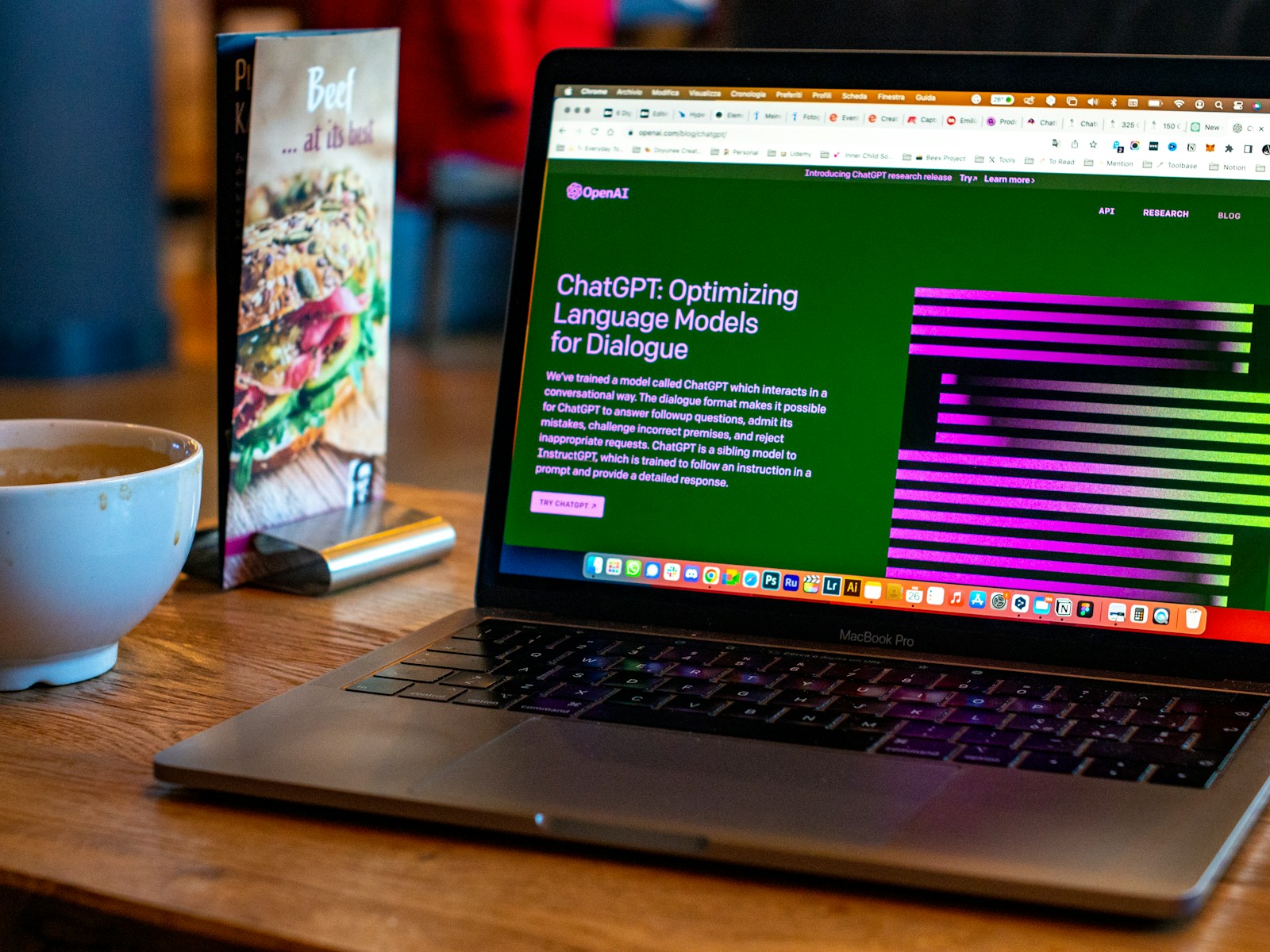Misuse of AI in Courtrooms
In a recent case in New York, an expert witness found himself on the receiving end of a stern warning from a judge. The reason? He used Microsoft’s Copilot chatbot for calculations crucial to a lawsuit but bypassed crucial disclosure procedures.
At the center of this controversy was a legal dispute about a pricy rental property in the Bahamas. It involved determining whether a sister, entrusted as the executrix and trustee of her late brother’s property, had overlooked her obligation to sell the property. Instead of doing her due diligence, she reportedly used the property for personal vacations, all while delaying the sale.
Expert Witness Relies on AI
In this complex case, the expert witness, Charles Ranson, opted to lean on AI technology to confirm his calculations. To accomplish this, he used Microsoft’s Copilot chatbot, but did so without first notifying the court about its use.
In cases that hinge on a correct assessment of damages, such as this one involving a $485,000 rental property, the accuracy of calculations is critical. However, the use of an AI-generated computation troubled the presiding judge, Jonathan Schopf.
The Warning from Judge Schopf
Judge Schopf flagged this issue in a recent ruling. He voiced concerns about the unreliability of AI and the potential disruption to the legal system if such technology was misused. According to him, superfluous dependence on chatbots could lead to potential consequences that courts are ill-prepared to manage.
The judge pointed out a crucial detail about AI: its tendency to evolve rapidly, which may give rise to reliability issues. He reminded Ranson and the courtroom that AI usage should be disclosed before testimonies or evidence are accepted in court, especially in legal scenarios where the exact workings of the AI system aren’t entirely understood.
This situation illuminates a broader challenge in today’s digital age where AI technology is permeating every sector, including the justice system. While AI can enhance productivity and accuracy, its misuse, as cautioned by Judge Schopf, could derail legal processes if not closely regulated.
Understanding the Intricacies of AI
It is also essential for legal professionals and jury members to understand AI technology they’re dealing with or using as a resource. Judge Schopf admitted in the ruling that there was no objective understanding of Copilot’s workings within the courtroom, casting doubt on how the AI chatbot’s calculations were cross-checked.
The unanswered questions around AI technology’s reliability in legal proceedings highlight the need for guidelines and laws to regulate its use effectively. If left unregulated, the potential damages from AI misuse, like incorrect calculations and manipulated data, could jeopardize the integrity of legal outcomes.
The Future of AI in Legal Proceedings
With this incident, the need for discussions about AI’s role in the courtroom has become more pertinent. The legal fraternity must grapple with how to balance the benefits of AI, such as efficiency and accuracy, with the potential drawbacks, including misuse or lack of understanding.
Ultimately, Judge Schopf’s warning draws attention to the importance of clarity and transparency in AI application within the legal system. As we navigate this new digital reality, this case serves as a reminder that proper use and understanding of AI could assist—not harm—those seeking justice.
